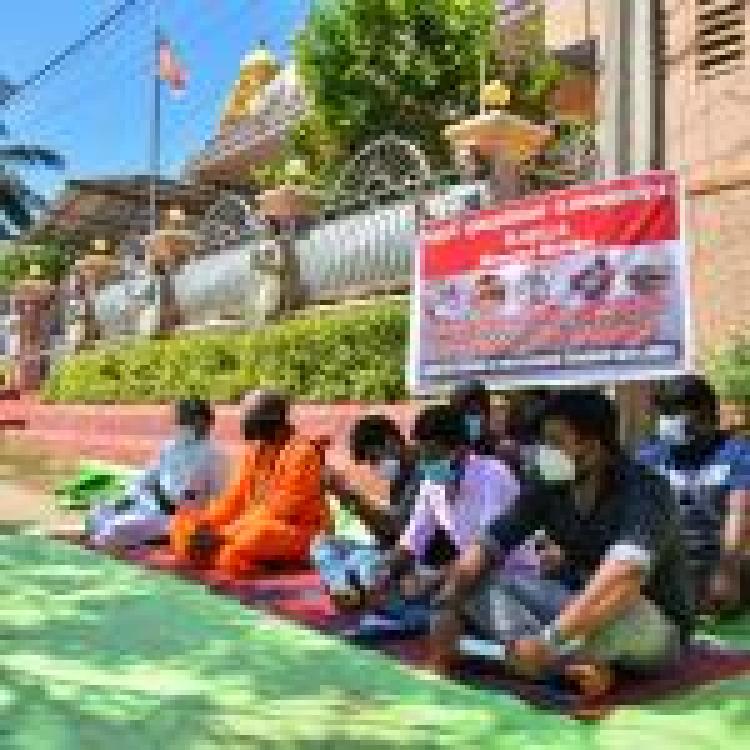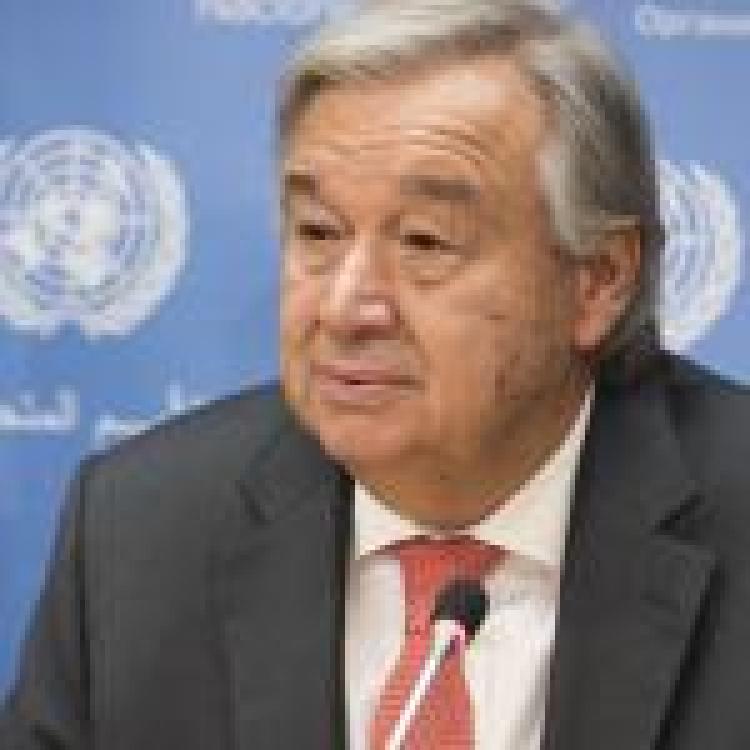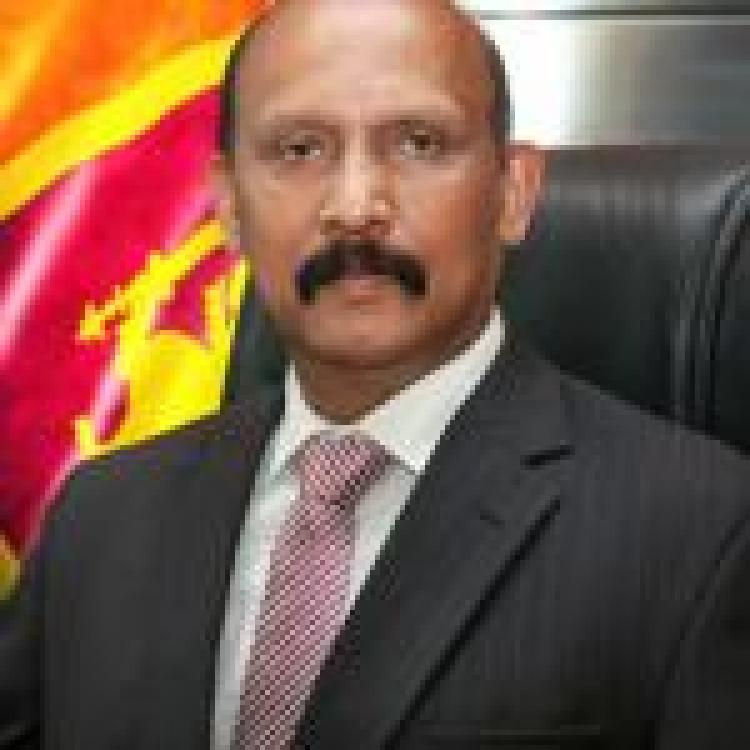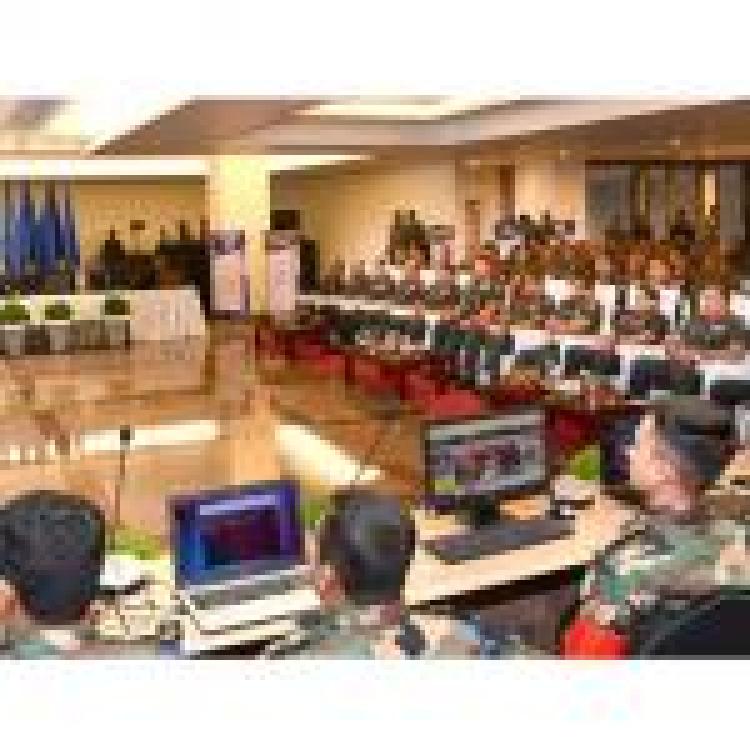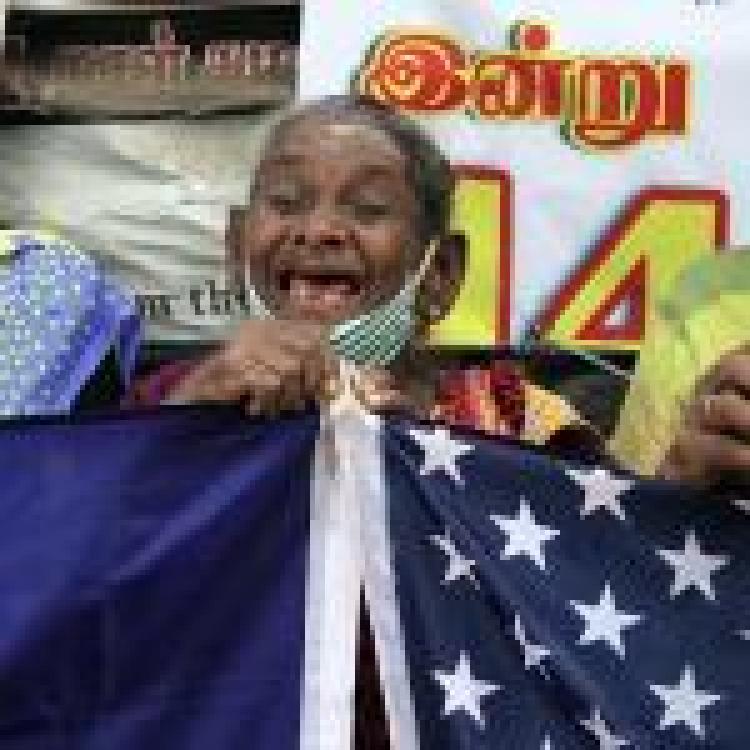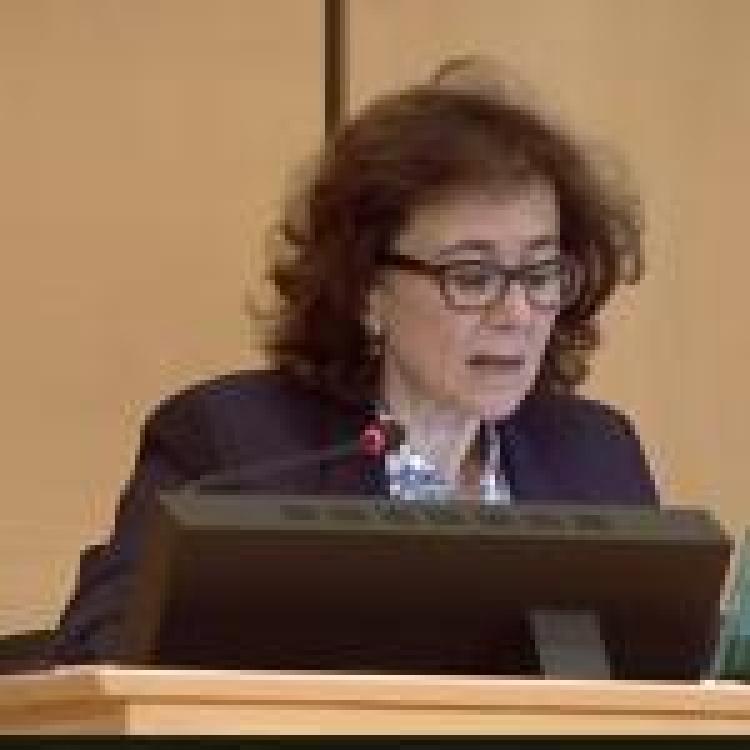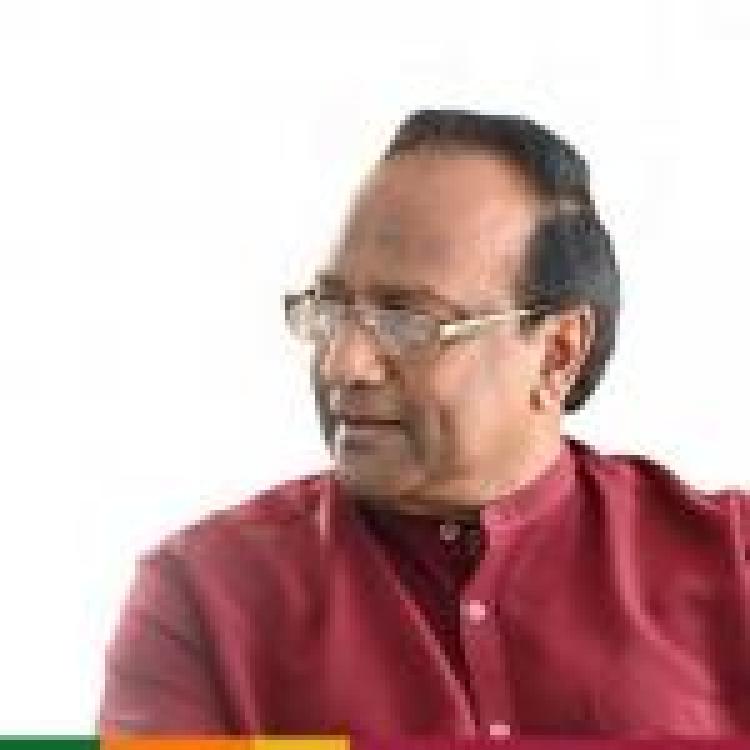![]()
In light of previous futile domestic efforts to prosecute Sri Lankan war criminals, Andreas Schueller, Director of the International Crimes and Accountability Program at the European Center for Constitutional and Human Rights (ECCHR) highlights the failure to prosecute Sri Lanka's war criminals under universal jurisdiction and highlights the need for a UN investigative mechanism to pursue accountability for Sri Lankan war crimes.
Germany's one-sided prosecution of war crimes
Commenting on the track-record of international prosecutions, Schueller highlights Germany's as "highlight troubling" as it adopts a "one-sided approach" which has "led to not a single personalized investigation against a Sri Lankan army official to date".
This is evident in the 2011 case of Jagath Dias, former commander of the notorious Sri Lanka Army 57 Division in 2011, where despite ample evidence produced by the Office of the High Commissioner for Human Rights’ Investigation on Sri Lanka (OISL) report, witness testimonies, documentation from international and domestic NGOs, Sri Lankan Army reports, photographs, and more, “the German Federal Prosecutor and the war crimes unit claim to have no capacity to investigate those cases to date”.
Instead, Schueller notes, "German prosecutors and police used their few resources available to prosecute a Tamil asylum seeker in a case that ended in an acquittal and press other cases under terrorism laws. This is all that has arisen from "10 years of universal jurisdiction complaints and investigations in Germany".
He further remarks that several Tamils in Germany and Switzerland continue to be prosecuted under terrorism laws for their supposed membership in the LTTE. These one-sided prosecutions and the lack of accountability of Sri Lankan armed officials contribute “to further division in Sri Lankan society at home and abroad and makes any form of reconciliation even more elusive”.
In part, Germany's failure to pursue balance prosecutions can be attributed to "insufficient resources for prosecutors and war crimes units in third States to investigate the large number of cases, as well as the well-known difficulties in securing international cooperation in investigations". The latter factor, he notes, "is multiplied with Sri Lanka’s new government, headed by one of the most notorious of the suspects, now-President Gotabaya Rajapaksa”.
The need for UN investigators
In his critique, Schueller also notes that at the level of the EU, "Member States so far have foregone the opportunity to use the EU genocide network or the Europol database of international crimes to coordinate a common European approach to exchange evidence and build cases for prosecutions". Similarly he notes, "no Joint Investigation Team, which comprises war crimes units from different countries, has been formed to investigate international crimes committed in Sri Lanka".
This consistent failure has resulted in "continued impunity, with perpetrators returning to powerful positions in Sri Lanka and being reinstated to diplomatic posts internationally". "Relying on foreign jurisdictions to bear the burden of accountability for Sri Lanka’s significant crimes clearly has not worked", he maintains, however, he further states that for states to be willing to pursue these cases they will "require additional support at the U.N. level".
"Until this happens, a U.N. investigative mechanism remains the most important next step to protect evidence and ensure that mass atrocities committed in Sri Lanka, as well as continuing systematic crimes, do not go unaccounted for".
Schueller highlights the need for a UN investigative mechanism to ensure accountability noting that;
“Such a mechanism would fill important gaps in international investigations and could facilitate, assist, and support universal jurisdiction prosecutions, as the International, Impartial and Independent Mechanism (IIIM) does for cases concerning Syria”.
Read Schueller's full piece here.

